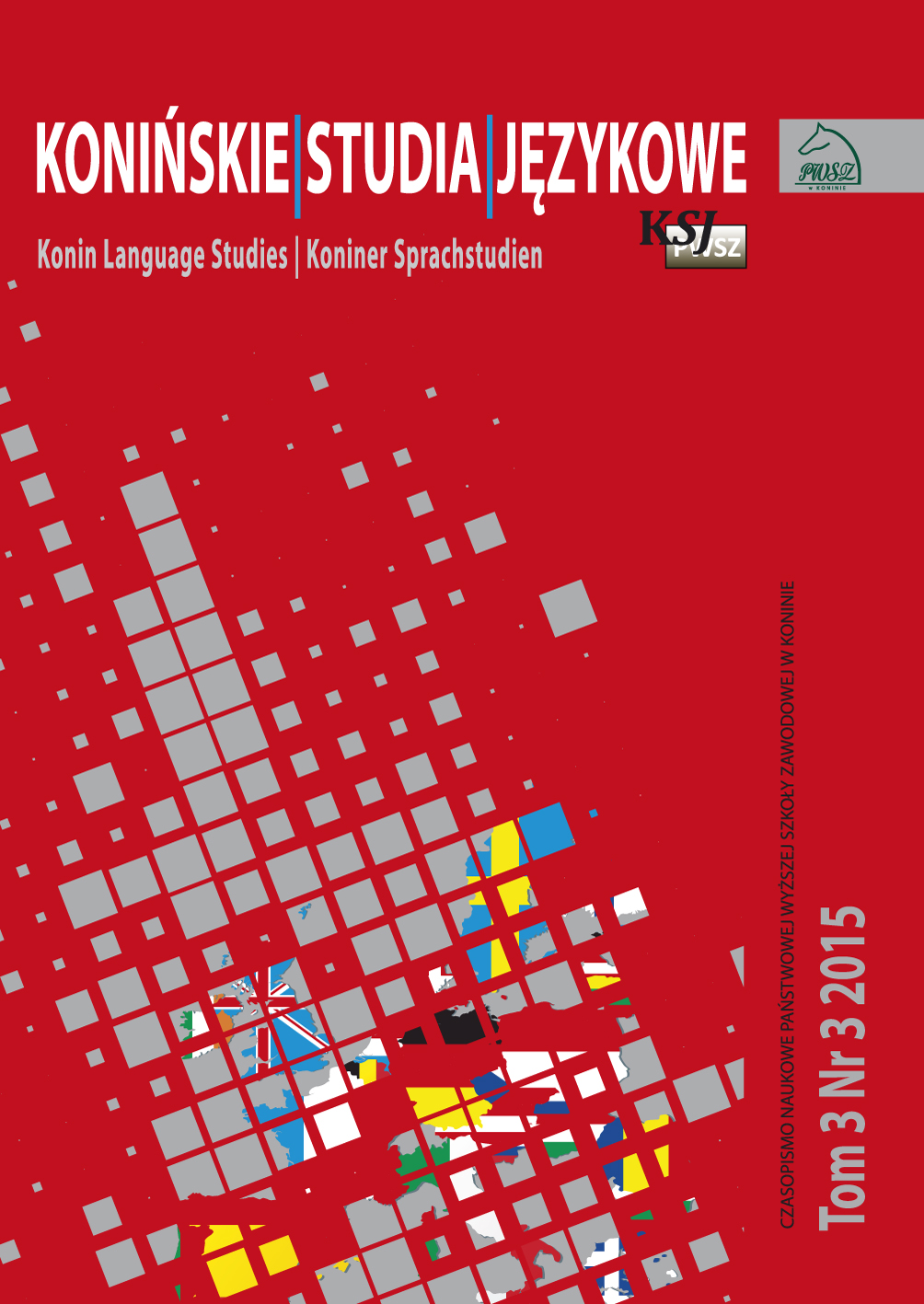Post-structuralist social theories of second language
acquisition
Post-structuralist social theories of second language
acquisition
Author(s): Danuta GłówkaSubject(s): Language and Literature Studies, Foreign languages learning
Published by: Akademia Nauk Stosowanych w Koninie
Keywords: postructuralist theories; chaos/complexity theory; language socialization, social identity; ecological perspective
Summary/Abstract: Traditional social models of second/foreign language learning sought to establish correlations between particular social factors and language learning. This correlation-seeking approach is rooted in the traditional sciences, especially Newtonian physics, which analyzed systems into their components and investigated them in isolation, resting on the assumption that the behavior of a complex system is the product of its individual components. By contrast, more current social theories on SLA emphasize the heterogeneous nature of social reality and the earner. Moreover, they recognize the crucial role of social processes or power relations in shaping language learning opportunities. They also draw on language socialization and highlight the emergent nature of the social world. The aim of this article is to present some of these theories and show how their development was influenced by the publication in 1997 of a seminal article by Diane Larsen-Freeman, titled “Chaos/complexity science and second language acquisition”.
Journal: Konińskie Studia Językowe
- Issue Year: 3/2015
- Issue No: 3
- Page Range: 239-253
- Page Count: 15
- Language: English

